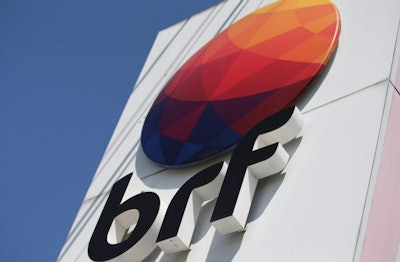
Extraordinary general meetings (EGMs) for BRF and Marfrig Global Foods, in which shareholders of the Brazilian companies were expected to vote on the proposed merger between the companies, has once again been delayed.
BRF and Marfrig, already sister companies that share Marcos Antonio Molina dos Santos as chairman, announced in mid-May their plans to merge and form MBRF Global Foods Company SA. Initially, EGMs to vote on the matter were scheduled for June 18, but they were rescheduled for July 14.
According to notices on the investor relations webpages for both BRF and Marfrig, July 14 meetings were not to be, either. The BRF notice stated that its EGM was postponed and that “the company will announce the new date in due course.” The Marfrig notice merely said the July 14 meeting was “cancelled.”
Both notices were dated July 11.
The proposed merger has already gained approval from Brazil’s Administrative Council for Economic Defense, which said it anticipated no competitive risks.
BRF is primarily known as a poultry and pork producer, ranking as the world’s third largest poultry producer, having slaughtered 1.67 billion broilers during the past year, according to the WATTPoultry.com Top Poultry Companies Database. In addition to its South American operations, BRF has a strong presence in the Middle East. BRF is also active in the pet food sector. According to Petfood Industry's Top Pet Food Companies, BRF Pet SA became a major player in the Brazilian pet food market in 2021 with the acquisitions of established manufacturers Hecosul and Mogiana.
Marfrig is primarily known as a beef producer, but the joint filing also revealed its slaughter activities also include cattle, horses, pigs, goats, sheep, poultry and buffalo. It is also the former parent company of Keystone Foods, which was acquired by Tyson Foods in 2018.
Both companies rank among the world’s largest feed companies, as BRF is the world’s 14th largest feed producer and Marfrig is the world’s 132nd largest feed producer, having respectively produced 9.6 million and 1.1 million metric tons during the past year, according to information from the Feed Strategy Top Feed Companies Database.


















